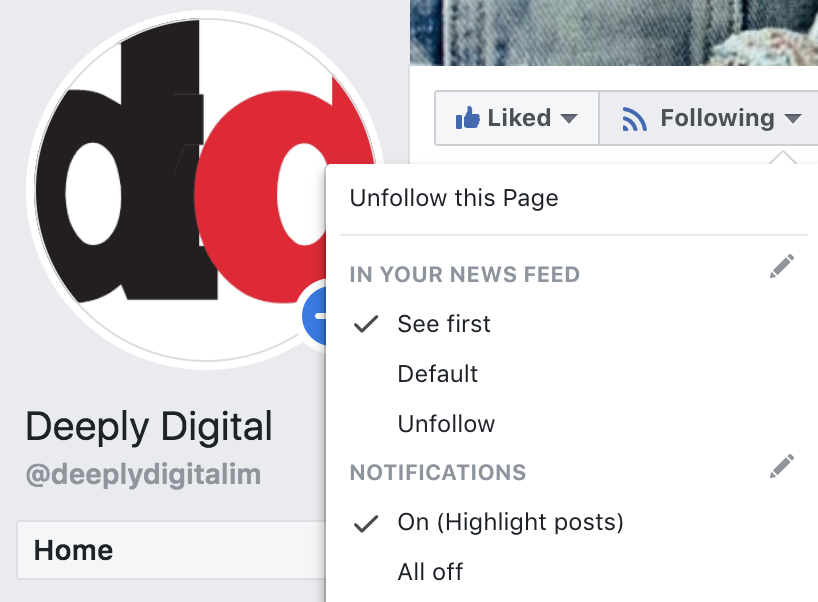In a digital world where the rulebook can be rewritten with an algorithm change, are you risking your brand’s visibility by relying on channels that you don’t own?
We’ve been here before: algorithm changes on major platforms affect brand visibility. What was a previously effective channel becomes, overnight, a barren wasteland.
Does that mean we should focus just on owned channels? Or is there still a place for organic social media in a modern marketing strategy?
How has organic reach in social media declined?
We’re all used to using social media to reach and engage with people, for marketers they also come with one main problem: you don’t own the platform.
Each platform can (and will) change the rules. You only have to think about the regular updates that each social media network undergoes to see this in practice.
Facebook, in particular, has undergone some serious updates, which have seen organic impressions for brand pages plummet. Back in 2012, 16% of a Facebook Page's fans were seeing each post. By March 2014, this dropped to 6.5%. Now reach is at less than 2% and it seems only a matter of time before this drops to zero.
For brands that invested time and effort in nurturing their Facebook community, this has been a real challenge. They’ve gone from their posts regularly appearing in their fans' News Feed, to seeing these organic impressions dwindle to almost nothing.
The real danger for marketers is that, without your knowledge, your main channels to your audience can be cut off. Based on this, it’s no surprise that in 2018, 14% of all marketers now think that organic social media is the most overrated marketing tactic. Back in 2015, this was only 12% of inbound marketers.
Is it time to abandon organic social media?
Based on these changes, some brands have chosen to leave organic social media altogether. Eat24 famously ‘broke-up’ with Facebook after seeing their ability to reach their fan seriously decline, saying:
“All we do is give, and all you do is take. We give you text posts, delicious food photos, coupons, restaurant recommendations… and what do you do in return? You take them and you hide them from all our friends.”
This is clearly a dramatic, all or nothing stance to take. But for most marketers, ignoring the potential reach and audience engagement opportunities through social media are too big to ignore.
Don’t abandon, adapt!
Eat24 might have abandoned Facebook. But by 2017, the company returned to the platform because it was still an important channel to for the business to reach its fans.
If Facebook (or any other social media channel) genuinely doesn’t work for your business, then it’s right and proper to sideline that channel for one that is more effective. However for many marketers the key to engaging with their audience on Facebook is to adapt the tactics that they’re using. What worked in 2012 isn’t going to work now. But having a modern approach to organic social media can still deliver results.
How to engage with audiences in 2019
Should we all give up on social and search marketing? Absolutely not! Auto-publising your blog content isn’t going to cut through the noise, but there are tactics that are still effective:
-
Publish tailored posts to a specific audience, rather than publishing everything to everyone
-
Educate your fans on how they can ensure your content comes up in their news feed, by selecting the ‘See First’ option under the Following tab on your page
-
Encourage fans to engage with your posts. Even simple calls to actions such as “please like and share” can help make a difference
-
Start to consider social media as a paid channel, focussing on advertising your content to a tailored, relevant audience
At the same time, investing your efforts into digital channel you own, like your website and your blog, has to continue to be a complementary tactic to any paid or earned channels that you use. Creating content that you control, such as blog posts, eBooks and interactive tools will continue to grow your inbound traffic, leads and your customer base long after they are first published.